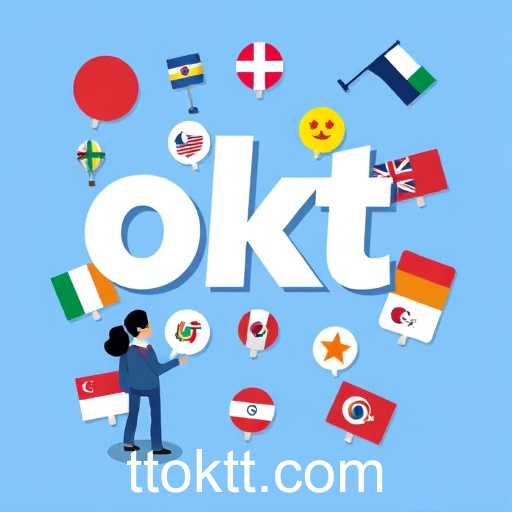The digital age has opened up new frontiers for interactive learning at the click of a button. Among the various ways to engage with new content online, language quizzes have emerged as a popular category, captivating a diverse audience eager to test and improve their linguistic skills. These quizzes not only serve as an entertaining pastime but also act as effective educational tools that cater to both casual learners and serious students alike. The keyword 'oktt' has become synonymous with this thriving digital space, highlighting the pulse of online language quizzes.
Language quizzes have undergone a transformation with advancements in web technology, providing more immersive and personalized experiences. Whether it's vocabulary tests, grammar challenges, or pronunciation drills, these quizzes cover a vast range of topics designed to sharpen users' language proficiencies. Moreover, they offer immediate feedback, allowing learners to recognize their weaknesses and strengths quickly.
One key factor contributing to their popularity is accessibility. Language quizzes are easily accessible across devices with internet connectivity, ensuring that learning can occur anywhere, anytime. This adaptability is particularly beneficial in a world where people's schedules are often tight, and traditional classroom settings may not be feasible.
Another notable aspect is how language quizzes cater to multiple languages, accommodating both widely spoken languages and lesser-known dialects. This inclusivity not only enriches a user's linguistic repertoire but also promotes cultural understanding and respect. As language is a critical component of cultural identity, engaging with diverse languages through quizzes can provide insights into different cultural contexts and nuances.
Gamification elements embedded in language quizzes further enhance their appeal. The introduction of point systems, leaderboards, and reward badges injects a sense of competition and motivation, encouraging users to return and improve their scores. Such features transform learning from a monotonous activity into an engaging, goal-oriented journey.
Moreover, language quizzes are particularly advantageous for educational institutions and language teachers. They can complement traditional teaching methods, providing students with an interactive platform for practicing language skills. For teachers, they serve as a versatile resource for assessments, enabling quick and efficient evaluation of a student's progress without the need for manual correction.
In conclusion, the proliferation of language quizzes online is a testament to the evolving landscape of digital education. They encapsulate the blend of learning and leisure, challenging the perception that education must be mundane. As technology continues to advance, the potential for even more innovative and effective language learning experiences through quizzes is immense, promising a future where language acquisition is both accessible and exciting for all.








